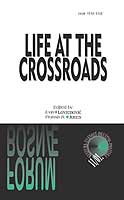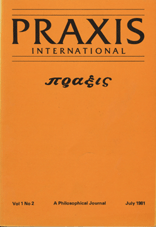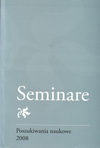Author(s): Nerzuk Ćurak / Language(s): Bosnian
Issue: 03/2004
In his quest for ever more highly-developed futurological studies based on solid scientific, professional, geopolitical and geophilosophical analyses, the author considers why the principal factors of power in the modern world, even now after the wars in the Western Balkans have been brought to an end, are still studying and observing the most unstable part of the Old World. What prompts old and new geostrategical players to seek the policies best equipped to anticipate future trends in the first decade of the twenty-first century and, in line with their own interests, to find solutions for the post-conflict region of South-Eastern Europe?
The very affirmation of this geographical entity at the semantic and political level is a clear attempt on the part of the global western political structure to construct a new regional identity that, with its insufficiently thought-through and narrowly conceived positivist approach, will ostensibly transcend the historical confines of the geopolitical notion of the Balkans.
This leads to the conclusion that, for reasons best known to themselves, various national and supra-national states and post-state structures are interested in the region and that the very “subject of geopolitical lust” once again regards itself in a wholly impotent, politically slipshod, fatalistic manner, revelling in the role of geopolitical object.
These reasons prompted the author to study the methods, goals and techniques of interpolation and intervention by Europe and the United States of America in the Western Balkans and thus, by using the categorical apparatus of various interlocking sciences, to offer an authentic local (regional) perspective, a local academic interest in the world we live in; a world that, largely without reference to us, is generated for us by unilateral and multilateral power centres.
The author is, nonetheless, of the view that the key players on this small “(ir)relevant” chessboard known as South-Eastern Europe must be the countries of the region itself, with interest-based and symbolic commitment to the “inner circle” of countries, among which Slovenia occupies an important place.
However, for South-Eastern Europe to start to work as “geography in movement” and as a fixed geopolitical monad, what is needed is a geopolitical sea-change grounded in deconstruction, as the “finally discovered form” of the establishment of geopolitics as a geopolitics of peace.
More...




